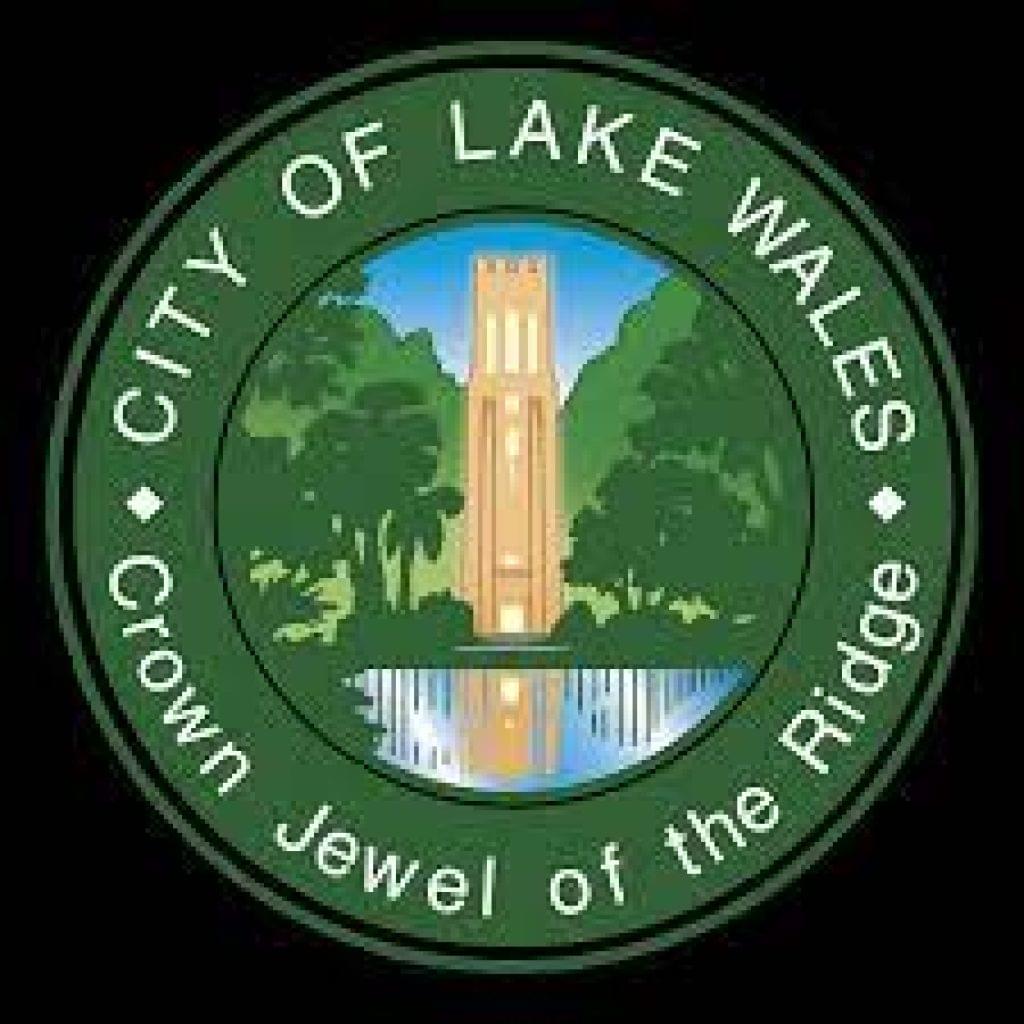
by James Coulter
Giselle Baker bought her home near Lake Alta Park in 2003. She loves being able to open her door in the morning and see the lake from across the street.
Often, she takes her granddaughter on walks around the lake, where the young girl often picks the wildflowers and even rides her bike. Baker also loves being neighbors with plenty of local fauna that have taken up residence in the area including owls, frogs, and even a family of foxes.
However, if a controversial proposal is approved by the city, Baker and her neighbors will no longer be able to see a lake from their homes. Instead, they will see a residential development with approximately 15 cottage-style houses.
Aside from the 3.5 acres of untamed wildlife being replaced with residential housing, and the other potential issues that would arise including traffic and parking, Baker is also concerned with the stormwater, as the lake often fills up during the rainy season.
“The city should protect our parks, not give them away,” she said. “Because once they are gone, we cannot get them back; when they are gone, they are gone.”
Baker was one of many residents who took to the podium during public comments at the recent Lake Wales City Commission meeting to speak against two ordinances that would change the future land use and zoning designation to a parcel of land known as Lake Alta Park.
Lake Wales City Commissioners voted 3-1 to approve the first reading of two ordinances that would amend the zoning and future land use designation for a 3.5-acre parcel located on the north side of town.
Both ordinances would change its land use designation from “Public” to “Low-Density Residential”, and the zoning from “Recreation” to “R-1C Residential.” Mayor Jack Hilligoss gave the only “nay” vote for both ordinances.
The 3.5-acre parcel is located north of Kissimmee Avenue, east of 3rd Street North, south of Osceola Avenue East, and west of 4th Street North. The parcel had been transferred by the city to the Community Redevelopment Agency, which is considering transferring the land to a private developer.
According to the city staff memo, the developer plans on utilizing the property: “to build cottage-style homes on approximately 1.7 acres to the west. Lake Alta Park will be left open to the public and will be maintained by the HOA associated with the cottage homes. The transfer of the property will allow the developer to cluster alley-loaded infill homes along 3rd Street and Lake Alta Park, with the park designated as open space and recreation credited towards the associated Planned Development Project (PDP), 3rd Street Cottages.”
However, residents fear that, even if the Lake Alta Park area remains intact, the land will still be transferred from the city to a private developer, which would then confer its maintenance to an HOA, thus taking the property away from existing residents and into the hands of other individuals.
“The neighborhood had a park taken away from them,” said one resident, Becky Winecoop, who spoke during public comments. “Had y’all kept it you, we would not be here today. Here is where the city has failed the community, and now we are suffering. I don’t know what the builder will have planned in the future, but we [residents] are at an unfair advantage.”
David Price, President and CEO of Bok Tower Gardens, mentioned how the land itself had been designated by Olmstead Firm as a city park. To remove it from city ownership and place it in the hands of private developers to do as they so wish would go against the city’s legacy of being a “city in a garden.”
“It is not just a random piece of land,” he said. “If this is changed, you will be destroying a traditional neighborhood.”
City Commissioner Robin Gibson argued that both ordinances should be approved, as the proposed development would help “set the stage” for the Lake Wales Envisioned plan, a city-approved initiative to help Lake Wales better prepare for future development and growth. Gibson said the proposed development would show what Lake Wales Envisioned is capable of.
“The thing to do is approve these two [ordinances] and set the stage,” he said. “Here is a regular standard neighborhood we can make special and use it as an example of what can be done…So, the way I see it, we approve these two ordinances, the stage is set for the opportunity to look at doing something that is magnificent and great for the neighborhood and a great example for the rest of the town.”
City Commissioner Keith Thompson voted in favor of both ordinances, claiming that the proposed development would be necessary for the city’s growth and that residents who were against it needed to accept that change happens.
“I got a message for you on that: Lake Wales is not going to stay just the way it is, not in your neighborhood, not in my neighborhood, not in anyone else’s neighborhood,” he argued. “We are all going to have to get used to the fact that the Crown Jewel has been discovered, and there are people who are moving here, and there are landowners who don’t know what to do with empty and vacant property that they own and they have a say in what goes on there.”
Mayor Jack Hilligoss gave the only ‘nay” vote for both ordinances. He said that he had changed his mind about them after speaking with residents who live in that area, and how he now sympathizes with their concerns.
“I did live in that neighborhood,” he said. “I thought that if I lived there now, I would be excited about this development, but I don’t…If this property was completely owned by the developer, I would be in favor of this without hesitation. But we are doing something that affects that neighborhood that has to happen to make it happen. And I have been in favor of this until I listened to folks who live in that neighborhood, and I simply understand their concerns.”


